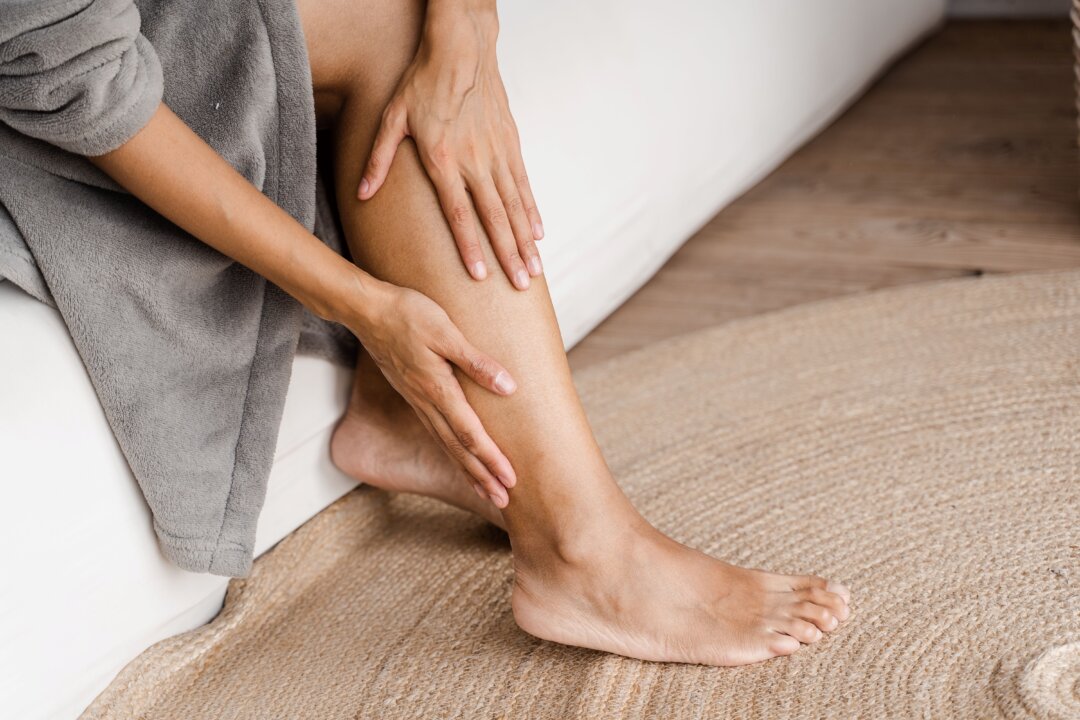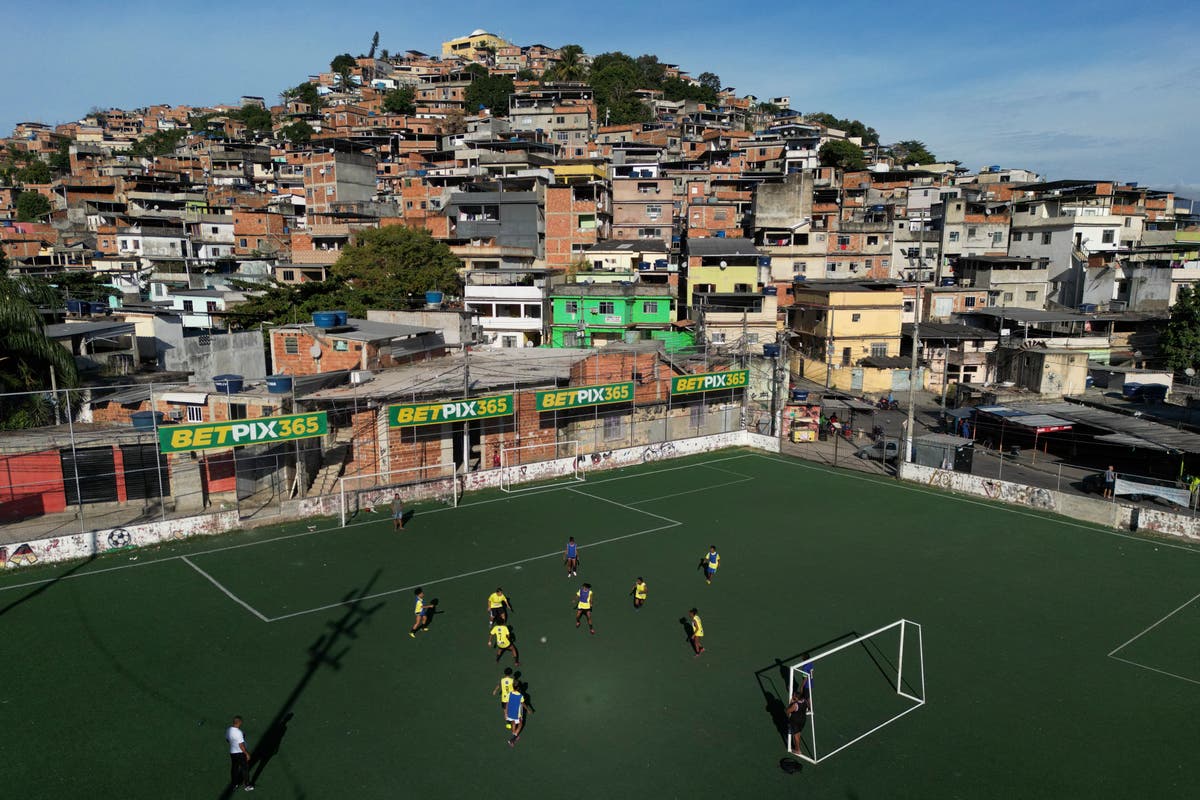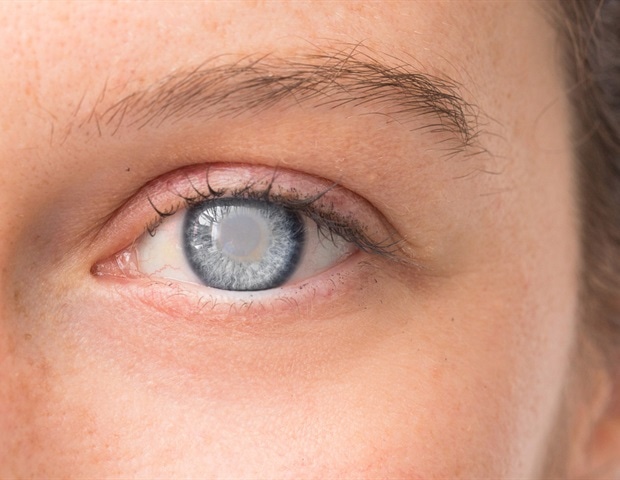
Dampness can transform into phlegm, and excessive phlegm can worsen dampness, creating a vicious cycle. In traditional Chinese medicine, phlegm is the buildup of thick, sticky substances in the body, such as excess fat in blood vessels or fluid retention (edema), as well as mucus expelled from the respiratory system. Massaging the Sanyinjiao acupoint can help reduce edema and relieve menstrual cramps, promoting better women’s health.
A common method is to press the acupoint for 10 seconds, release, and repeat 10 times, stopping when mild soreness is felt. However, pregnant women should avoid stimulating this acupoint, as it is believed to induce labor. According to TCM, meridians are the channels through which energy flows in the human body.
The internal organs are connected to the body’s surface through these meridians. Along the meridians are specific points known as acupoints, which possess unique functions. By stimulating the corresponding acupoints through techniques like acupuncture and massage, it is possible to treat diseases related to specific organs.
It is recommended to soak your feet for about 10 minutes, with the water temperature maintained at around 104 degrees F (40 degrees C). Adding a slice of ginger to the water can help warm cold hands and feet, improve digestion, and relieve fatigue after a long day..














